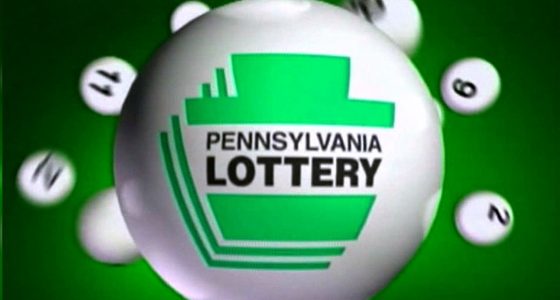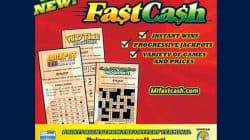A recent bill, HB271, passed through the Pennsylvania state Senate that would see the state Lottery go online. The online expansion effort is founded in the belief that more revenue can be generated through the digital format. The Lottery is expected to close out the 2016-2017 fiscal year with a 2.3% decrease in revenue from the previous year.
Governor Tom Wolf’s budget secretary Randy Albright is estimating that the digital expansion will generate an additional $19 million in revenue for the Lottery, an ambitious figure, but one Albright is standing by. Supporters of this bill see online expansion as the only viable solution to increasing the Lottery revenue and any other steps away from it will have negative implications. This bill includes provisions to allow both the Lottery and local casinos to offer online games. Daily Fantasy Sports games would be also be regulated under this bill and airports would be granted the right to open gambling sections.
Senator John Gordner is part of the opposition effort and believes that too much expansion will result in the wrong effects. One of those effects is competition, and the wrong sort. Gordner is under the impression that the amount of traffic diverted to the online venues will take away from brick-and-mortar casinos and horse tracks. Not only will revenue be on the line, but the jobs of the thousands of people employed there. In the grand scheme of things, revenue is revenue from a state perspective, but Gordner is more concerned about the implications on a civilian level.
Others see the competition has a positive effect. Supporters of the bill have adopted a sort of adapt-or-die mentality that seeks to address changing consumer patterns. Most businesses have to have some sort of online presence in order to remain relevant in today’s society. Those like Albright who support the bill see it as a way of helping the Lottery survive. Furthermore, any revenue from the Lottery is funneled back into the state, creating incentive to find any and all possible ways to help increase those amounts.
Despite the opposition, the bill passed through the Senate 38-12 and is headed back to the House for further approval. The bill has seen several different amendments in hopes of accommodating both sides of the issue. Representatives from the state Lottery also believe that the bill will benefit their industry and allow for satisfaction from both consumer and legislative standpoints.
“We’re pleased that Senate recognized the need for the Pennsylvania Lottery to modernize by selling games online, which will help us to meet our players where they already are and remain competitive in a rapidly evolving gaming environment. Expanding into iLottery games will help us to generate the long-term, sustainable profit growth necessary to maintain the Lottery’s funding of vital services for older Pennsylvanians,” said Gary Miller, a spokesman for the Pennsylvania Lottery.
If Pennsylvania is successful in implementing this online Lottery market, other states may look to emulate their progress. There is no telling for sure how the online presence will affect the casino sector of the state, but other states with regulated online casinos have shown positive revenue trends.
Thus far, Pennsylvania residents have had the option of legally purchasing lottery tickets online through licensed, offshore lottery agents, and this move would expand their range of choices to include state based online ticket purchases as well. Though domestic gambling initiatives cannot typically compete with the bonus schemes and offerings that the large online gambling giants deliver, there are players who simply feel better about their money being applied directly to local budgets rather than the International gambling market. It is important to keep In mind that when you purchase lottery tickets for US games online, the money still streams into that state’s domestic lottery program regardless of where you buy your ticket, so either way players are supporting the local economy.




